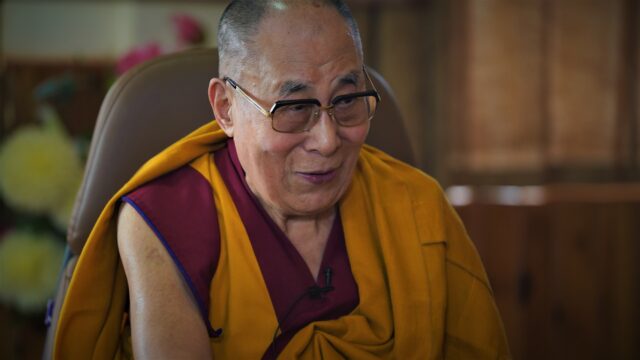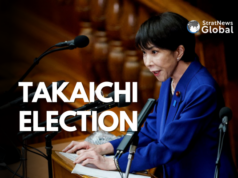
Seventy four years ago on this day, China and a Tibetan delegation sent by the Dalai Lama, signed the 17-point agreement laying out the relationship between the two.
China has used the intervening period to dilute and erode the agreement, systematically undermining its commitment to respect Tibetan political institutions, religious freedoms and so on.
Ahead of the anniversary, there were reminders to China from various corners of the world, to make good on that promise.
Earlier this week, US Secretary of State Marco Rubio in a statement noted that “This year marks the 30th anniversary of the disappearance of Gedun Choekyi Nyima,” days after the Dalai Lama had identified him as the Panchen Lama. He was abducted by the Chinese authorities within days and his whereabouts remain a mystery.
Since then, a Chinese-installed Panchen Lama has been functioning who’s reported “failure to get adequate traction” with the Tibetan public, is a matter of great discomfort for Beijing.
On May 8th, the European Parliament during its plenary in Strasbourg, adopted a strong resolution condemning China’s repeated violations of human rights in Tibet. It also denounced Beijing’s attempts to assert control over the reincarnation and succession of His Holiness the 14th Dalai Lama.
For an officially atheist state (China’s founder Mao Zedong described religion as “poison”), the Communist Party has taken an inordinate interest in the reincarnation and succession. Order No 5 issued in Oct 2007, “prohibits unauthorised activities related to searching for and identifying the reincarnated soul boy of a living Buddha.”
All Buddhist temples are required to file a “Reincarnation Application” with the Chinese authorities before they are allowed to recognise individuals as reincarnated teachers.
China’s 18th White Paper on Tibet issued in March 2023, underscored its efforts to erase the historical Tibetan identity. Since then in all official communication, the Tibet Autonomous Region is known as the Xizang Autonomous Region.
In September the same year, China issued Order No. 19, cracking down on religious freedom. All temples, monasteries and mosques are required to obtain official permission to carry out any religious activity. Publicity and education campaigns must promote the Chinese language and “ethnic unity”.
The order says heads and management of all religious institutions “must be loyal supporters of the leadership and rule of the Chinese Communist Party.”
The irony is Buddhism is among only five recognised religions in China, but under the garb of national unity and social order, the state criminalises Tibetan cultural and traditional activities, making it vulnerable to persecution and punishment.
Thirty eight years in journalism, widely travelled, history buff with a preference for Old Monk Rum. Current interest/focus spans China, Technology and Trade. Recent reads: Steven Colls Directorate S and Alexander Frater's Chasing the Monsoon. Netflix/Prime video junkie. Loves animal videos on Facebook. Reluctant tweeter.




